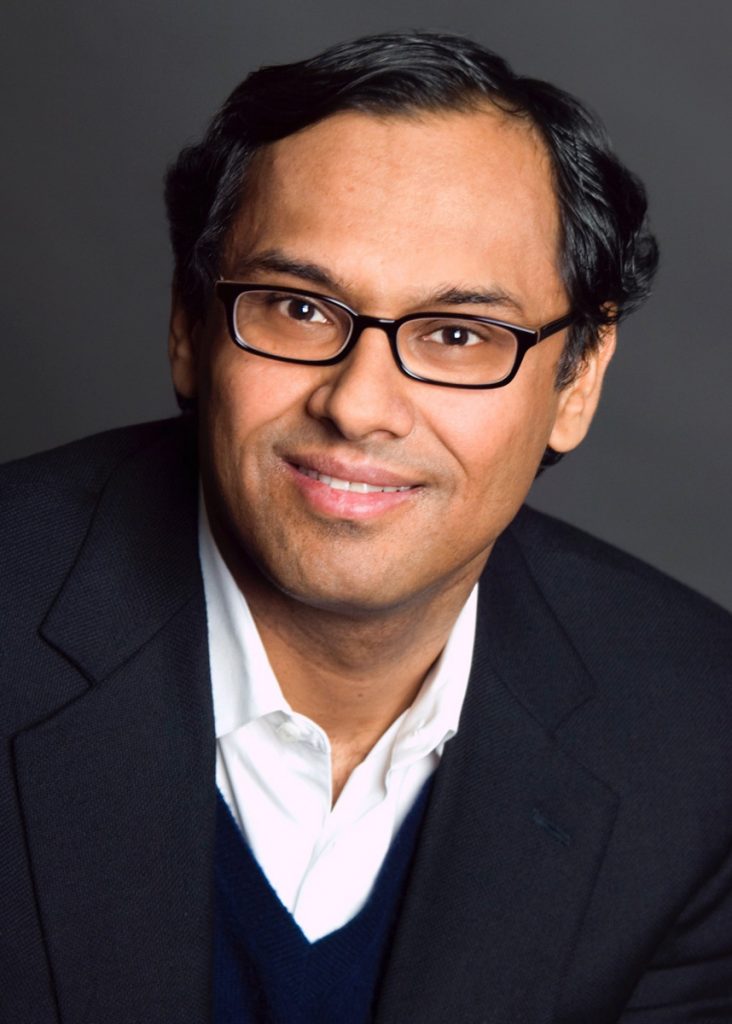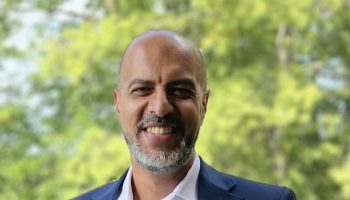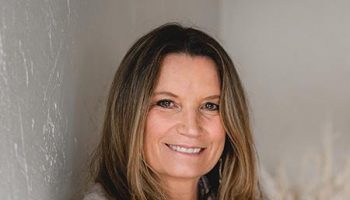Someone can actually have a broken heart. It’s called broken heart syndrome, and it’s a temporary heart condition often brought on by stressful situations and extreme emotions. Sandeep Jauhar, cardiologist and contributing opinion writer for The New York Times, works to help people understand that emotional heart health can affect physical heart health.
He will give his lecture, titled “The Emotional Heart,” at 2 p.m. Monday, Aug. 8 in the Hall of Philosophy to open Week Seven of the Interfaith Lecture Series “Home: A Place for Human Thriving.”
Jauhar’s work focuses on what he calls the emotional heart, a term conceived by ancient philosophers as a description of emotions, courage and love. It stems from symbolic and metaphorical origins 300 to 400 years old, and is where the emotional heart intersects with the biological, physical heart.

“For most of history, the heart was considered to be this mysterious object that represented the soul,” Jauhar said. “My talk is about how that ancient conception still has relevance to our modern-day understanding of the heart.”
His ideas are put forth in his book, Heart: A History, in which he explores all aspects of the heart and uses these different ideas to tie the physiological and metaphorical hearts together.
The book tells the lesser-known stories of doctors who risked their careers, and patients who risked their lives, to learn and heal the heart.
Emotions are thought to either be contained or not contained within the heart, but affect it nonetheless. Jauhar said he’s going to argue that the emotional heart and the metaphorical heart “intersect in mysterious ways.”
He said this is relevant due to the “stressed-out” world where people are anxious, depressed and have what he calls “negative affectivity,” which can have deteriorating effects on the heart.
“I would argue the things we do to maintain heart health — exercise, eat right, have low cholesterol, low blood pressure — all of those things are important,” Jauhar said. “We’re missing a very important piece, which is our psychological health and how it affects our heart health.”
There’s no one-size-fits-all scenario when it comes to heart health. Jauhar said everyone has different coping mechanisms for dealing with stress.
For example, his son lifts weights, his daughter runs, his wife does yoga and his father meditates.
“All of those are equally valid ways of dealing with psychological distress,” Jauhar said. “The most important thing is acknowledging that this is a thing and we need to devise solutions that are personal.”
He wants his audience to understand that emotions affect the heart and how to deal with it.
“Our emotions affect our hearts in very deep and mysterious ways,” Jauhar said. “We need to be cognizant of that to achieve optimal health and longevity.”




